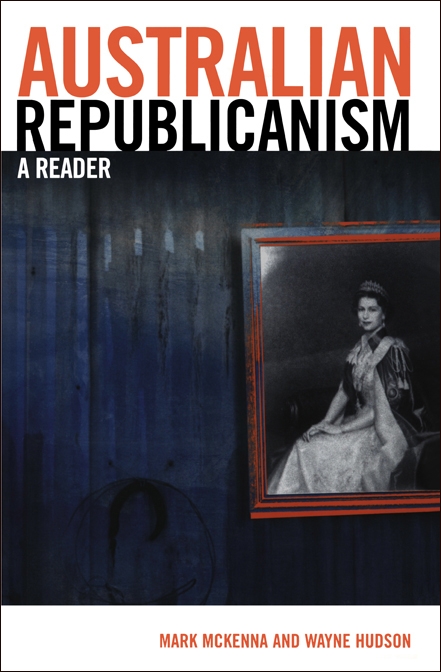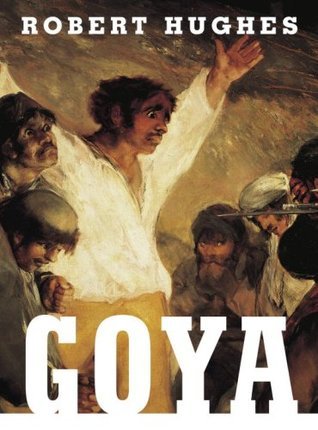Non Fiction
Australian Republicanism: A reader by Mark McKenna and Wayne Hudson
by Guy Rundle •
Stromlo: An Australian observatory by Tom Frame and Don Faulkner
by Robyn Williams •
The Italians in Australia by Gianfranco Cresciani
by Loretta Baldassar •
Frank Hardy and the Literature of Commitment edited by Paul Adams and Christopher Lee
by Christopher Hawkes •
The Diaries of Donald Friend: Volume 2 edited by Paul Hetherington
by John Thompson •
A Death in Brazil: A book of omissions by Peter Robb
by Rowan Ireland •
A Perilous and Fighting Life: : From communist to conservative: The political writings of Professor John Anderson edited by Mark Weblin
by Nathan Hollier •
North of Capricorn: The untold story of Australia’s north by Henry Reynolds
by Nicholas Jose •









